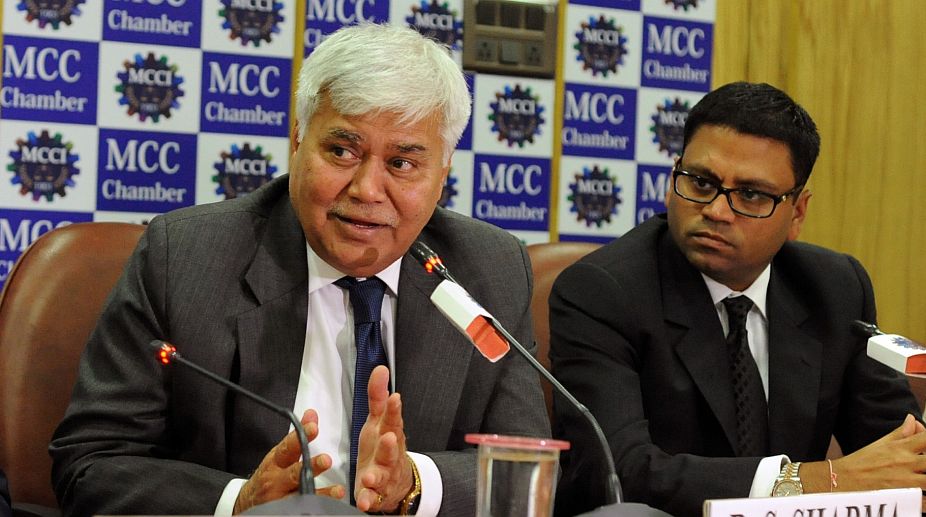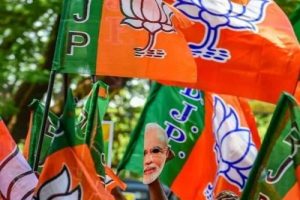While India as a digital economy has performed well in terms of building software applications and services, it lags in terms of infrastructure, the telecom regulator said here on Tuesday.
Stating the three parts of the vision area of "Digital India" as infrastructure, software and services on demand, and digital empowerment of people, Telecom Regulatory Authority of India (TRAI) Chairman RS Sharma said infrastructure is the area it is working on.
"From a broad point of view, we have done very well in the middle layer, of creating applications and services. However, we have not done so well in the first layer of creating infrastructure, especially the hardware one," Sharma said while addressing a forum 'Create4India' organised by Digital India Foundation (DIF).
"We have 300 million internet subscribers, but in broadband, which should mean 2 mbps plus (in speed) the numbers have drastically reduced. I think that is one area that we are working on," he added.
He also suggested that the inherent problems in infrastructure can be coped with by using alternate means like digital television or incentivising the use of 'Bharat Net'.
"In the developed world, the average global fixed piped wired-line penetration is 46 per cent, while in India, it is just about 7 per cent. We get 93 per cent of our data from mobile and 7 per cent from the fixed line," said Sharma.
"The world on an average gets 46 per cent from fixed line and 54 per cent from mobile. That is a problem. We cannot immediately build those fixed lines. Therefore, what we have suggested is that why don't we use some other infrastructure which are built up," he added.
The DIF, which aims at fostering digital inclusion and adoption, hosted the inaugural edition of 'Create4India', a forum where industry leaders and policy makers exchanged views on necessitating an ecosystem approach towards supporting the growth of India's creative economy, backed by policies based on respect for Intellectual Property Rights (IPR) and Copyright.
Sharma brought the regulator's perspective to the discussion, sharing his belief in a transparent mechanism of open consultation with the industry and the stakeholders, with accountability to the people at large.
Contributing to the discussion, a report on 'Promoting the Creative Economy: India's $100 Billion Imperative' was released by Koan Advisory, a research-driven advisory firm, combining legal, economic and investment expertise.












